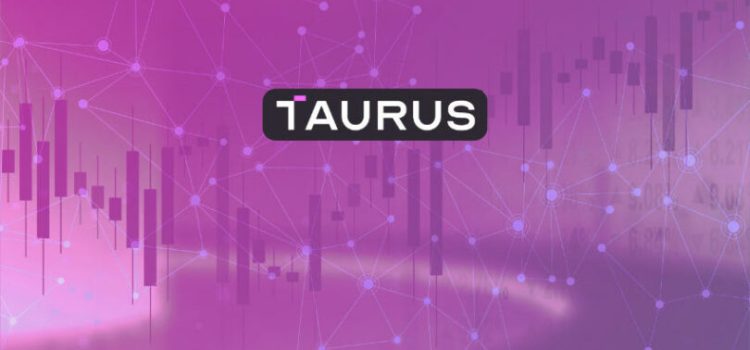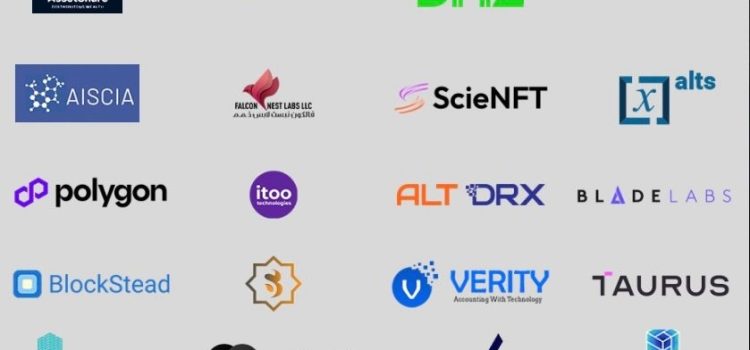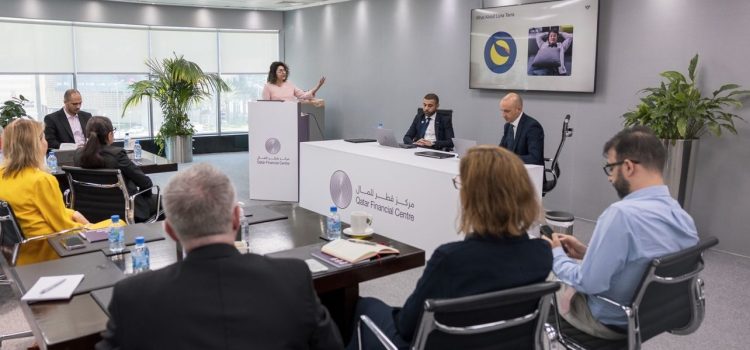
Taurus announced its strategic partnership with the Qatar Financial Centre (QFC) Authority as part of the QFC Digital Assets Lab which will allow it to serve banks and financial institutions across Qatar and MENA by delivering enterprise technology from digital assets, to crypto to tokenized securities.
As per the press release, the QFC Digital Assets Lab is a key initiative within the QFC Innovation Dome, which is designed to accelerate innovation in digital assets and Distributed Ledger Technology (DLT). By fostering collaboration between businesses, start-ups, and researchers, the lab aims to position Qatar “as a leader in the digital economy, guided by the newly introduced QFC Digital Assets Regulatory Framework 2024.”
The framework sets rigorous standards for tokenization, legal recognition of digital assets, and the use of smart contracts, ensuring the highest levels of security and transparency. As a digital asset infrastructure provider, Taurus provides secure and scalable solutions for the custody, tokenization, and management of digital assets.
Through the QFC Digital Assets Lab, financial institutions in the region will now have access to Taurus’ enterprise-grade technology, which supports the full range of digital assets, from cryptocurrencies to tokenized securities.
Bashir Kazour, Managing Director at Taurus, commented, “The QFC Digital Assets Lab offers a robust regulatory environment, making Qatar a prime location for digital asset innovation. We are pleased to bring our expertise in digital asset management to this dynamic market and better serve our clients and partners across the Middle East.”
Taurus SA is a Swiss Fintech founded in April 2018, provides enterprise-grade digital asset infrastructure to issue, custody, and trade any digital assets, including cryptocurrencies, tokenized assets, NFTs, and digital currencies.
Depending on their business model, strategy, and risk tolerance, Taurus’ clients can seamlessly manage cryptocurrencies “including staking, digitize and tokenize any type of asset on any standard end-to-end, and process digital currencies of their choice.”
Taurus’ product portfolio is composed of Taurus-PROTECT, the leading secure storage solution in Europe which is currently used by more than 30 financial institutions and corporations. Taurus-CAPITAL allows clients to issue and “manage tokenized assets on public and permissioned blockchains, as well as interact with any smart contract.
Both The Hashgraph Association as well as R3 also announced their partnerships with QFC digital assets lab and their offering.











